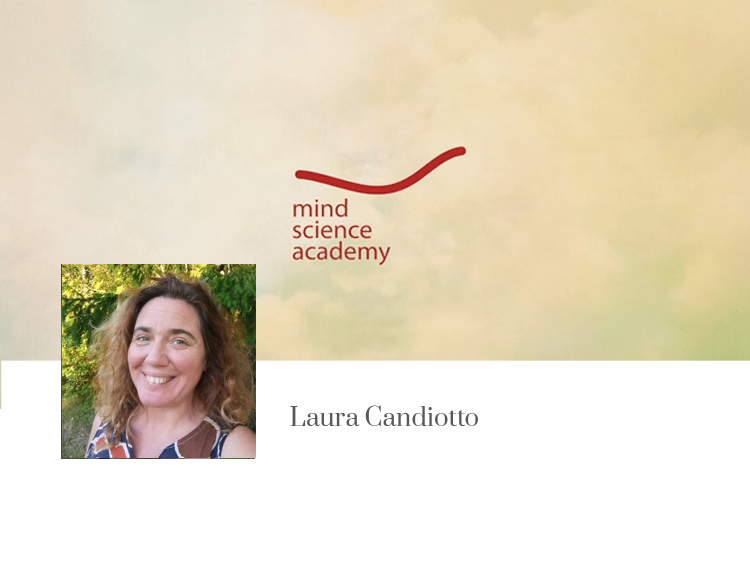by Bruno Neri and Maria Vaghi
The interesting journey into the vast world of epistemology continues, which, already in the previous in-depth exploration focused on perception, had offered food for thought, spanning across time, space, and various cultural, scientific, and philosophical domains. Extensive was the overview provided, retracing thought from Ancient Greeks to Descartes, from Newton to Kant, Schopenhauer, Nietzsche, Husserl, up to Varela and Hoffman, to name the main figures.
Let's delve further, then, along the intriguing path in epistemology (where episteme means knowledge), which studies the foundations, validity, and limits of scientific knowledge, and thus concerns, in a broader sense, human knowledge. It is a discipline that, since its origins, has held a central position in both Eastern and Western philosophical traditions.
In this Focus On deep dive, titled The Nature of Things and Phenomena: Epistemology Between East and West, we will be guided, starting from Laura Candiotto's initial contribution, through some points of comparison between the Eastern perspective, with particular attention to Buddhism, and the Western perspective, focusing initially on Ancient Greece and then, with a contemporary lens, on enactive epistemology developed by thinkers like Francisco Varela. Knowledge is described as an embodied, not abstract, practice that, in the encounter and dialogue between diverse views, leads us to a level of wisdom and ethics.
With Domenica Romagno, we then delve into the analysis of the role of language as a cognitive tool. Numerous examples will allow us to understand how linguistic differences can generate conceptual categories and linguistic evolutions that change over time according to the cognitive needs of those who speak them. Therefore, language serves as a fundamental cognitive tool in human experience.
The Buddhist approach provides an epistemological view that, one might say, "inspects," as if sifting through, every single aspect concerning the nature of knowledge and reality. The contribution of Ven. Geshe Jampa Gelek delves into the definition and classifications of valid cognition according to various Buddhist philosophical schools. Here, the differences highlighted mainly revolve around the diverse interpretations of the term "pramana" (valid cognition). Furthermore, the mode by which different systems classify valid cognition, whether direct or inferential, based on the subdivision of objects of knowledge, is illustrated. These and additional aspects render Geshe Jampa Gelek's contribution undoubtedly complex and suitable for expert readers with advanced knowledge in the Buddhist domain. Still, his exposition allows for profound exploration of great value.
The article by Ven. Lobsang Kunsang begins with the definition of what constitutes an "existent" and how it is classified. The various schools converge on the idea that an existent is what is ascertained by a valid knower. A consciousness is considered valid when it is able to definitively ascertain its object, eliminating any possibility of doubt. The validity of a consciousness is grounded in the absence of other valid consciousnesses that could contradict its perception.
The description then focuses on the categories of valid perceptions - direct and inferential - and continues to examine the concepts of reason and syllogism, highlighting the importance of eliminating doubts through cognitive ascertainment. Therefore, the subject's properties, direct pervasion, and reverse pervasion are essential in determining the correctness of a syllogism.
Diving into pluralistic contributions moves towards integrating different perspectives to address the complex issues of knowledge and reality. An emblematic example is represented by Varela's embodied phenomenology, which provides a way to transcend traditional dichotomies such as mind/body, environment/individual, through an analysis that can integrate both subjective and objective dimensions of human experience. In conclusion, epistemology as a philosophical discipline provides a fertile ground for exploration and comparison among diverse cultural and philosophical traditions, allowing us to appreciate the richness and complexity of human inquiry into the nature of knowledge and reality.
Immagine di copertina: Floral design for printed textile Pl XXVIII (1800–1818), Anonymous. artvee.com



